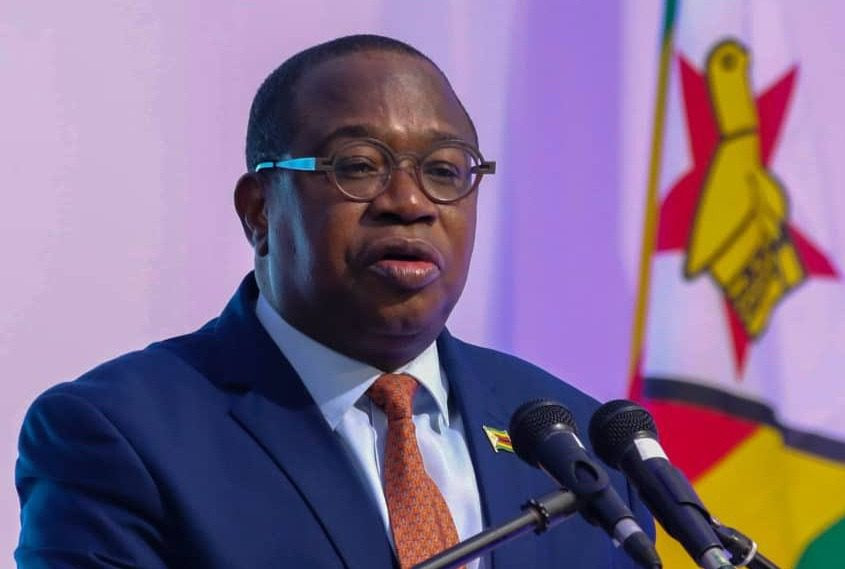
EACH time the 100 independent power producers (IPPs) licenced to establish operations in Zimbabwe have raised issues with regulations, they have been ignored.
There is a baffling culture of animosity to capital that permeates through all facets of the country’s economy, to which Zimbabweans have been paying a heavy price.
In the case of IPPs, there has been a scale back in terms of implementing investment proposals.
But Zimbabwe desperately required these to help it tackle ongoing waves of power crises. IPPs have warned that Zimbabwe’s power purchase agreement makes it difficult to invest.
But their pleas have not been addressed. They have said investing in a market where capital expenditure is indexed in United States dollars, but revenue comes in the free falling Zimbabwe dollars is risky, but no one really cares.
Their predicament becomes worse when considering that after accepting Zimbabwe dollars, they cannot exchange them for foreign currency in banks. Zimbabwe’s banks play second fiddle to the black market, which dictates everything from the exchange rate to values traded daily. Platforms for raising capital have been obliterated by economic mismanagement, and IPPs are among the worst affected.
Yet despite these frustrations, IPP projects worth US$1 billion are in the pipeline. Investors see immense potential in Zimbabwe.
But they also know that this is just not the right time to troop in.
- Media co-regulation is the way to go for Zimbabwe
- Free media environment key developmental reportage says PemSec Mangwana
- ‘Chelsea’s Rudiger to join Real Madrid’
- Unresolved land tenure dispute stifles Tongaat Hulett project
Keep Reading
Unless Zimbabwe realises it is missing out by failing to act on problems, the power crisis is set to continue.
It should have been embarrassing for government to start a courtship with IPPs, as we report this week, offering them incentives that they deserved a decade ago. If progressive policies like this had been implemented earlier, Zimbabwe would have avoided blackouts, which are now tearing the economy apart.
As we report elsewhere, fresh offers will be made to 40 IPPs soon, giving them state guarantees to invest and get their payments in foreign currency. Under the deal, government will chip in with payment if Zesa fails to settle bills for power transmitted to the national grid by IPPs. Still, there are loopholes to this divide and rule strategy being pursued by government. How can one market have a policy that showers a few investors with foreign currency?
Who owns those 40 IPPs that have been selected for lucrative deals? By dividing IPPs in this way, Zimbabwe is creating a breeding ground for policy abuse by politicians and powerful civil servants. It is important to note that government is just reacting to a crisis that has already bolted out of control.
The question is; where were authorities when it was clear that another power crisis was on the way?Blackouts of up to 18 hours per day have ripped industries apart, affecting the economy. Authorities buried their heads in the sands at a crucial moment when they were supposed to act. But political elites get everything for free.
They don’t care about the power crisis.






